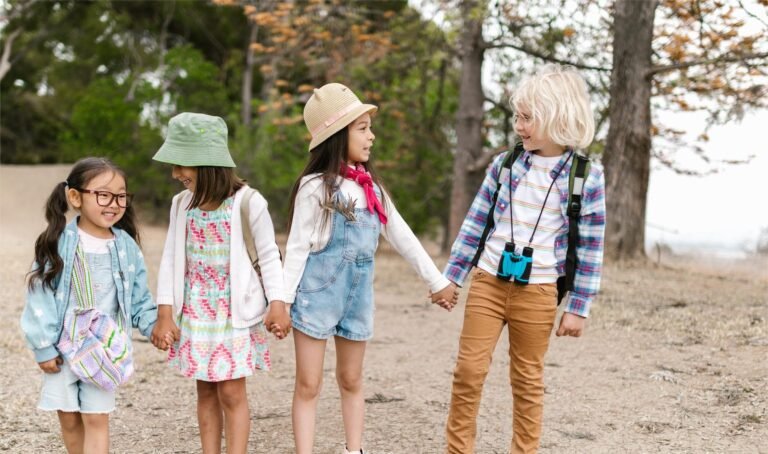Today, let’s discuss some common questions parents have when choosing a summer camp and share insights on what kinds of overseas camps are worth the investment and which ones should be avoided.
🔐 What language is spoken at the summer camp?
🔑 It depends on the language you want your child to learn. As we know, Europe is a multilingual and multicultural region, and there are summer camps available in various languages (English, German, French, Spanish, Portuguese, Italian, etc.). Some camps even offer trilingual or multilingual programs.
🔐 What are the accommodation conditions at the camp? Will my child be able to adapt to the food?
🔑 The hardware conditions of camps vary; some are excellent, while others are more basic. For example, some camps offer shared accommodations in cabins or tents, while others provide great single or double rooms in dormitories or hotels. Regardless of the type, basic amenities like washrooms, showers, and toilets are standard at all camps. The food is plentiful, safe, healthy, and nutritious at all camps, though whether it tastes good is subjective (after all, not everyone enjoys Western cuisine). However, given the high physical activity levels at camp, children often find the meals more appetizing than at home.
Parents often prefer to provide the best conditions for their children, and I’m no different. But is that the main reason we’re sending them to summer camp? (Wouldn’t staying at home in the summer, eating ice cream, enjoying air conditioning, and watching TV or playing games be more enjoyable?) It’s also worth considering your child’s opinion—sometimes what parents see as “hardship” might actually be something the child enjoys.
🔐 What if my child doesn’t speak the language?
🔑 Better to learn it. If your child is young, congratulations, because immersion is the fastest way for them to learn a new language. Immersion means being in an environment where they need to use a particular language tool to solve real-life problems, leading to rapid learning and deep memory retention. The social need to communicate with others pushes children to speak, naturally improving their language skills. The camp’s diverse activities are full of new words and phrases, providing a treasure trove of comprehensible input and output for language acquisition.
However, if your child knows nothing of the language, it’s advisable to learn some basics before attending (as the frustration from incomprehensible input may outweigh their sense of achievement, making it difficult for them to engage with the camp’s activities).
🔐 What if my child gets homesick?
🔑 That’s perfectly natural and even healthy. This is a great opportunity for them to practice overcoming this feeling and helps them learn not to give up.
- Encourage your child’s independence as much as possible. Let them spend a night at a friend’s house or a weekend at their grandparents’. This is perfect practice for them.
- Don’t let them know you’re anxious or worried.
- Talk enthusiastically with them about the camp. Remember, they will benefit greatly from this experience.
- Suggest that a friend join them on the adventure. They’ll remember this, and they’ll have many fun stories to share.
- If necessary, let them bring a favorite personal item (e.g., a teddy bear or blanket).
- Don’t feel guilty about sending them on this adventure. Remember, this is a big step in their growth and a valuable addition to their education. They’ll be grateful!
- If needed, communicate with the camp director or counselor about your child’s needs to help them overcome any challenges.



